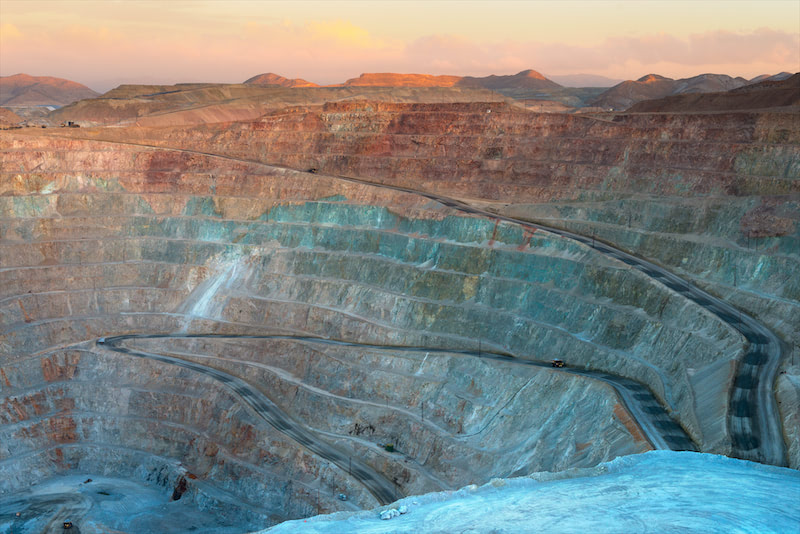SHANGHAI, Oct 26 (SMM)—This is a summary of news in the steel industry last week.
Environmental restrictions across the Yangtze River Delta Region in winter 2020/21
The Ministry of Ecology and Environment issued the “Action Plan for Comprehensive Treatment of Air Pollution” across the Yangtze River Delta region (including Shanghai, Nanjing, Wuxi, Hangzhou, Ningbo, Hefei). The restrictions will target 39 key industries such as steel, building materials, non-ferrous metals, coking, casting, petrochemical, chemical, packaging and printing, and industrial coating. Targets include controlling unorganised emissions, reducing excess production capacity and eliminating outdated production capacity. SMM has compiled a comparison of the documents for 2019-2021.


Environmental restrictions in Yangtze River Delta tightened slightly from last year (from slightly flexible reduction ratio to setting a standard guideline). The industries involved in are likely to adhere to stricter targets.
As for the iron and steel industry, in addition to the clearer targets for achieving ultra-low emissions in various provinces and cities, a target of ”implementing the requirements for industrial restructuring" has been added this year, which involves the full completion of the "four batches" special actions for chemical enterprises in Jiangsu Province. This include the completion of all smelting capacity within 10 kilometers of Taihu Lake, blast furnaces of 600 cubic meters or less, electric arc furnaces of 50 mt or less within 20 kilometers. In addition, chemical producers located within 1 kilometer along both sides of the Yangtze River, and that are not in the chemical industrial park are to cease operations or relocate.
Operating rates of blast furnaces across Chinese steelmakers rose 0.06%, EAF mills operating rates at 82.48%
Operating rates of blast furnaces at Chinese steelmakers rose 0.06% to 88.28% % as of October 21, with no more maintenance. Operating rates across independent EAF steel mills in China stood at 82.48% as of October 20, up 2.87 percentage points from the previous week, mainly driven by profits. Most mills reported profits of 50-100 yuan/mt and conducted production actively due to higher steel prices.
Tangshan implemented Level II emergency response of heavy polluted weather
Tangshan has implemented Level II emergency response of heavy polluted weather at 18:00 on October 23. Steel and coking sectors affected included iron and steel, blast furnace, converter, lime and pellet production. The coke oven load of a grade B producer was reduced to 80% of the designed production load, with coking time less than 28 hours in terms of delay. The coke oven load of a grade C producer was reduced to 65% of the designed production load, with coking time less than 36 hours in terms of delay. On the other hand, Handan started Level III emergency response of heavy polluted weather from 12:00 on October 22 to 24:00 on October 24, and switched to Level II emergency from 0:00 on October 25 to 8:00 on October 28.
Measures for Capacity Replacement in the Iron and Steel Industry to be implemented at end 2020
It is understood that replacement ratio of environmentally sensitive areas is likely to increase from no less than 1.25:1 to 1.5:1, while non-environmentally sensitive areas at 1.25:1. At the same time, it is recommended for the steel industry to implement differentiated capacity replacement ratio policies at electric furnace short-process steelmaking, and non-blast furnace ironmaking, to promote industry transformation and upgrading and structural adjustment.
610 million mt crude steel production capacity implemented lower emission transformation
According to the Ministry of Ecology and Environment, as of the end of 2019, coal-fired power plants have completed a total of 890 million kilowatts of ultra-low emission transformation. At present, about 610 million tons of crude steel production capacity in the country is undergoing ultra-low emission transformation.
Lending conditions for real estate business loans tightened
Large state-owned banks in Shenzhen tightened lending conditions for real estate business loans, and the amount were tightened. Commercial mortgages were unavailable in most major banks.
Car sales to dip 4% in 2020
The China Association of Automobile Manufacturers (CAAM) has updated the economic operation and development trend of the auto industry in the first three quarters of 2020. Inventories have fallen on the year. Sales of commercial vehicles were modest, while passenger cars of low-grade and luxury-grade sales diverged. The NEV market was under a period of transformation and upgrading. CAAM is cautiously optimistic about the future trend of the auto market, citing car sales are likely to dip 4% in 2020, and may rise slightly amid growth of domestic economy in 2021.
Updated Maintenance at Steel Mills




